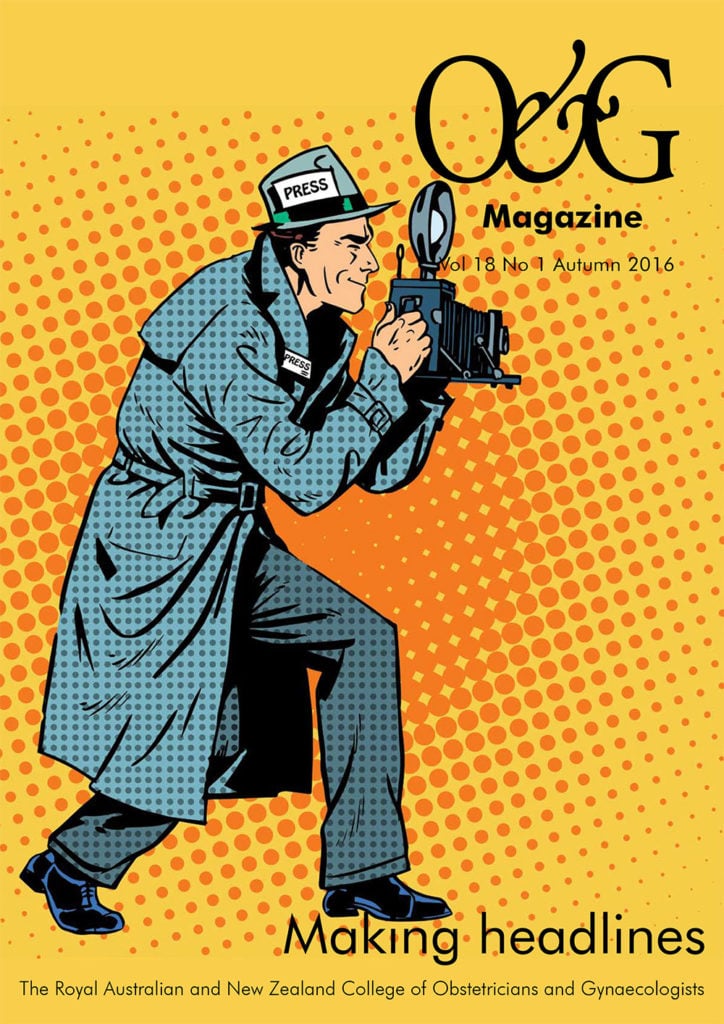‘Dr Smith is in her second year of training and recently met with you, her Training Supervisor, her formative assessment. She revealed she had not enjoyed the last three months as one of her supervising specialists, Dr Jones, frequently belittled her in front of others and criticised her for being late, even though she was required to complete the post-acute ward round before the clinic starts. She also reported that others had told her that Dr Jones often made negative remarks about her in front of other staff. What advice would you give Dr Smith as Training Supervisor and how would you manage the situation?’
I would start by thanking Dr Smith for attending her feedback session and for specifically sharing this information with me. I would explain how sorry I was that she had been unhappy over the last few months, particularly as this had been the result of what appeared to be unacceptable behaviour demonstrated by a senior consultant within the department. I would ask Dr Smith to talk through the details, including giving instances of when and what had occurred, and try to explore the extent of the effect of this on her well-being. I would determine if Sarah knew if Dr Jones was aware she was upset and whether she had spoken directly to Dr Jones about her concerns. I would also enquire whether she felt this was affecting her performance at work and/or her training, and if some leave may be required while we worked through the issues.
Bullying behaviour causes emotional distress, but can also lead to psychological illnesses, such as anxiety, depression and insomnia, and its effect should not be underestimated. I would recommend Sarah consider contacting the free and independent counselling service available to her through her employing hospital. It is important that Sarah has some professional input into her well-being; her general practitioner or an occupational health advisor would be alternatives. I would make arrangements for a follow-up meeting with Sarah to see how she was feeling and whether she felt the situation was improving. In such a scenario, a mentor would be a valuable resource for Sarah. If she did not already have one, and she agreed, I would assist her in exploring this as a possibility.
Here the consultant is in a position of power over the Trainee and often, for this reason, bullying and intimidation may go unreported. This type of behaviour is unacceptable between two work colleagues from an employment perspective and is also not tolerated by RANZCOG. The ITP Coordinator or the Clinical Director can always be involved if you, as local Training Supervisor, feel you need additional support.
Ideally, these behavioural issues would be addressed directly with Dr Jones in a supportive and collegial way, but, if unsuccessful, it could become necessary to take a more formal approach through the hospital’s human resources team. I would start by requesting a meeting with Dr Jones to discuss her behaviour and the negative effect it has been having on one of the Trainees for whom I am a RANZCOG Training Supervisor. I would also discuss the roster clashes with the Head of Department to avoid putting this Trainee and others in the impossible situation where they are expected to be in two places at once.
When I met with Dr Jones, I would explore her recollection and understanding of the situation and enquire whether she felt her behaviour was acceptable. If Dr Jones’ recollection was completely different, then, with the permission of Dr Jones and the Trainee, I would need to make some further enquiries. I could make these enquiries myself, as the Training Supervisor, or escalate to the Head of Department if I was not comfortable doing so. I would also discuss the practical issues of the roster with Dr Jones and that, where possible, we would change the timetable.
If the Trainee’s concerns were substantiated, I would then talk to Dr Jones about how her behaviour, both her direct communication with the Trainee and also her indirect communication via negative comments to others, was consistent with bullying and that this behaviour was having negative effects on the Trainee. Bullying behaviour is often verbal and is repeated and unreasonable. I would explain that this behaviour is not appropriate or acceptable and further explain how the Trainee had been adversely affected by it.
I would ask Dr Jones to consider changing her behaviour and remind her that, in addition to being a teacher and trainer, she is also a role model for our Trainees. I would explore whether there were any underlying issues making her behave disrespectfully and whether she needed any assistance in changing her behaviour.
If Dr Jones was not open and receptive to what I was saying, I would need to take the issue of her bullying behaviour through a more formal process and notify the Head of Department. Usually this would be progressed through human resources and would typically involve the use of a mediator and then working through a performance management process.
Although bullying such as this, which occurs in the workplace, is the employing authority’s responsibility to manage, as Dr Jones is a Fellow undertaking College business (in terms of training, supervision and assessments of the Trainee), RANZCOG could also be notified of any such allegations in order to provide support and advice and decide whether further investigation was required. RANZCOG has two ‘contact officers’ for this purpose; the Director of Education and Training, and the Training Services Manager. For more information, see the College’s Bullying, Harassment and Discrimination in the Workplace Policy.





Leave a Reply